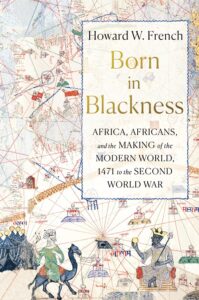 The story of the modern world that shows up in most U.S. and world history textbooks, in chapters like “Three Worlds Meet” or “The Age of Exploration,” starts in the wrong place. According to Howard French, “The first impetus for the Age of Discovery was not Europe’s yearning for ties with Asia, as so many of us were taught in grade school, but rather its centuries-old desire to forge trading ties with legendarily rich Black societies hidden away in the heart of ‘darkest’ West Africa.”
The story of the modern world that shows up in most U.S. and world history textbooks, in chapters like “Three Worlds Meet” or “The Age of Exploration,” starts in the wrong place. According to Howard French, “The first impetus for the Age of Discovery was not Europe’s yearning for ties with Asia, as so many of us were taught in grade school, but rather its centuries-old desire to forge trading ties with legendarily rich Black societies hidden away in the heart of ‘darkest’ West Africa.”
In this retelling, it is Portugal not Spain that drives the action, and the events of 1492 would not have been possible without those of 1471 — when the Portuguese discovered gold in West Africa and began work on a fort at Elmina. European rulers became obsessed with the idea of gold in Africa in the decades following the Malian emperor Mansa Musa’s pilgrimage to Mecca. On that trip, he stunned audiences with “a 60,000-person delegation, including 12,000 slaves, each of whom reputedly carried a wandlike fan of gold weighing four pounds.”
Mansa Musa’s ostentatious display of gold gave birth to an idea of Africa that drove the next 200 years of European exploration.
French writes, “It would be unusual for a story that begins in the wrong place to arrive at the right conclusions.” By starting the story in Africa, French hopes to combat a “centuries-long process of diminishment, trivialization, and erasure of Africans and people of African descent from the story of the modern world.” [Description from Rethinking Schools.]
ISBN: 9781631495823 | Liveright Publishing Corporation

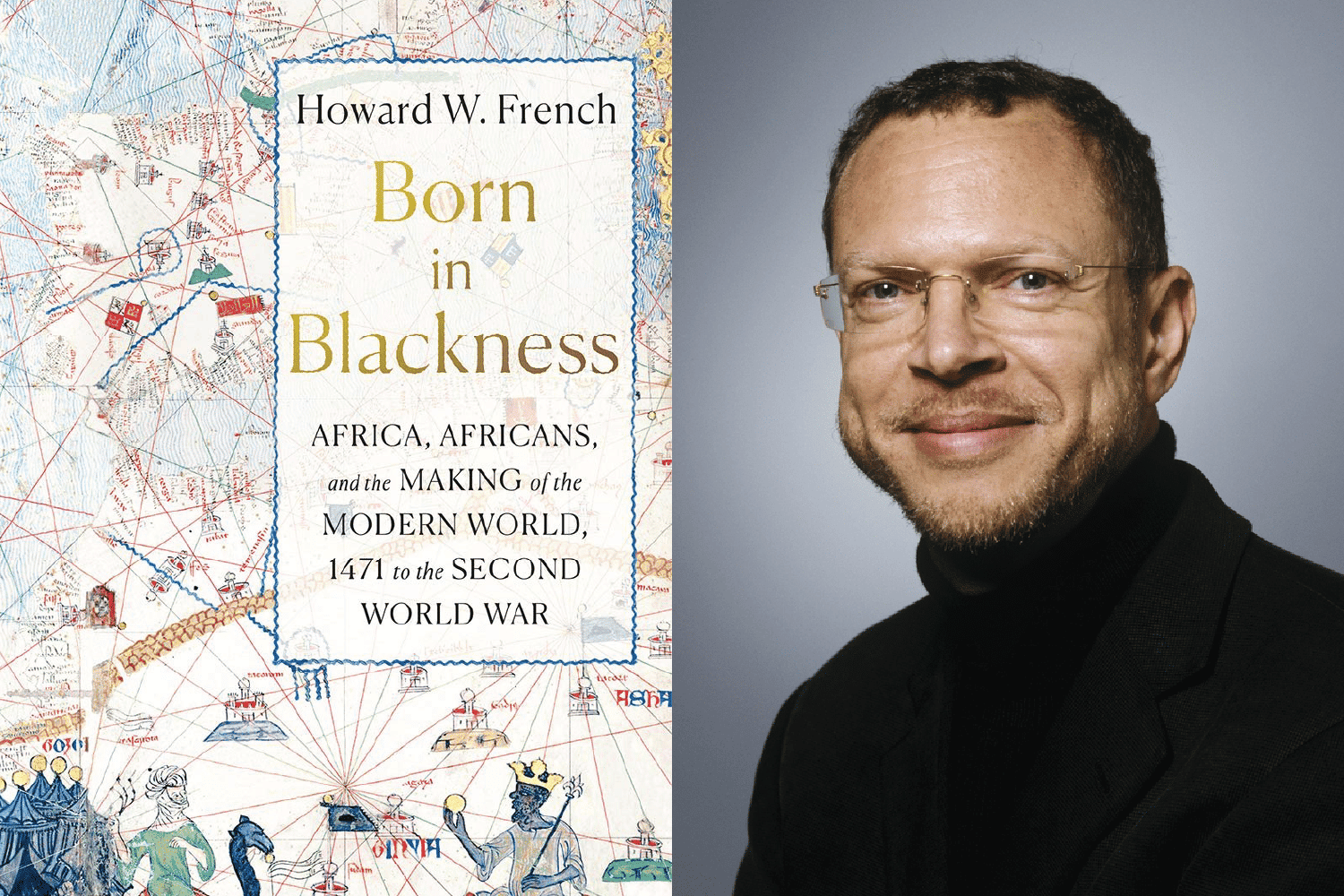
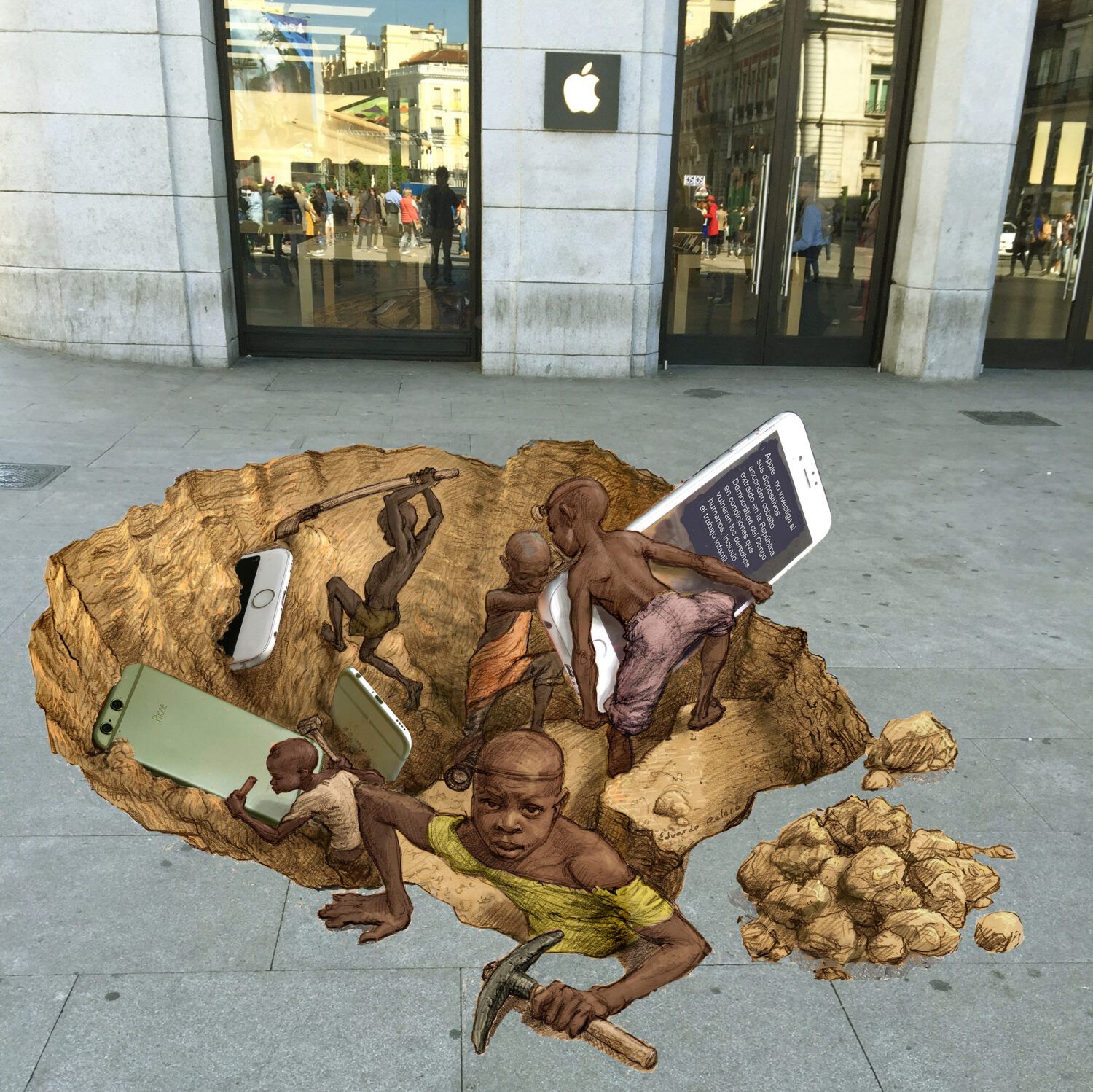


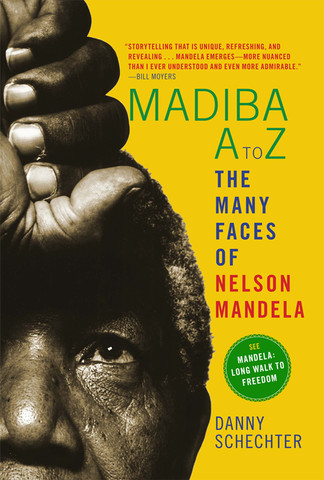

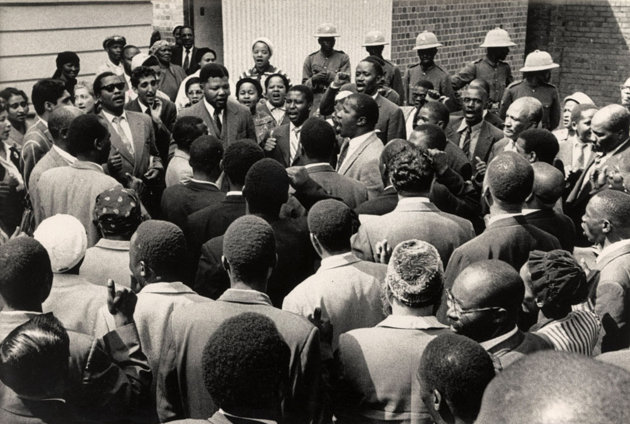






Twitter
Google plus
LinkedIn